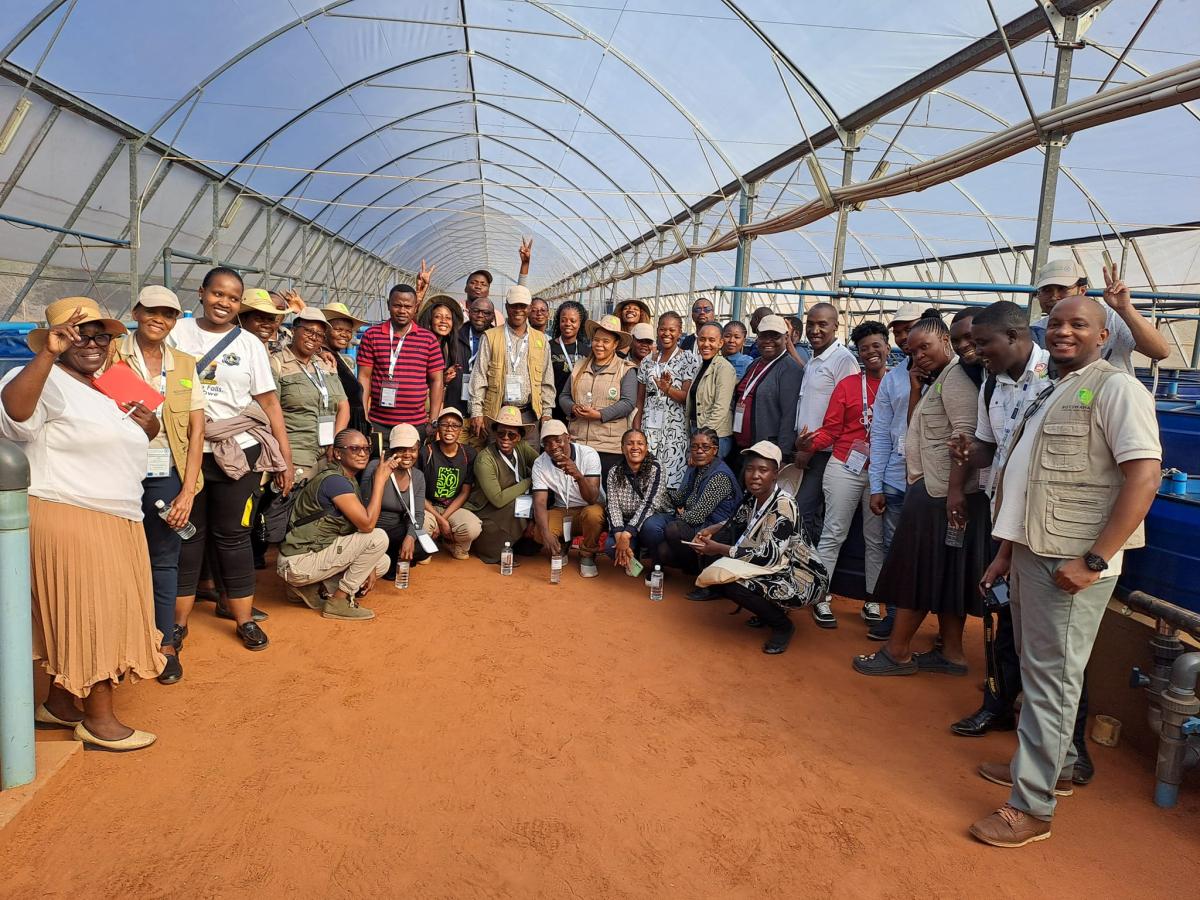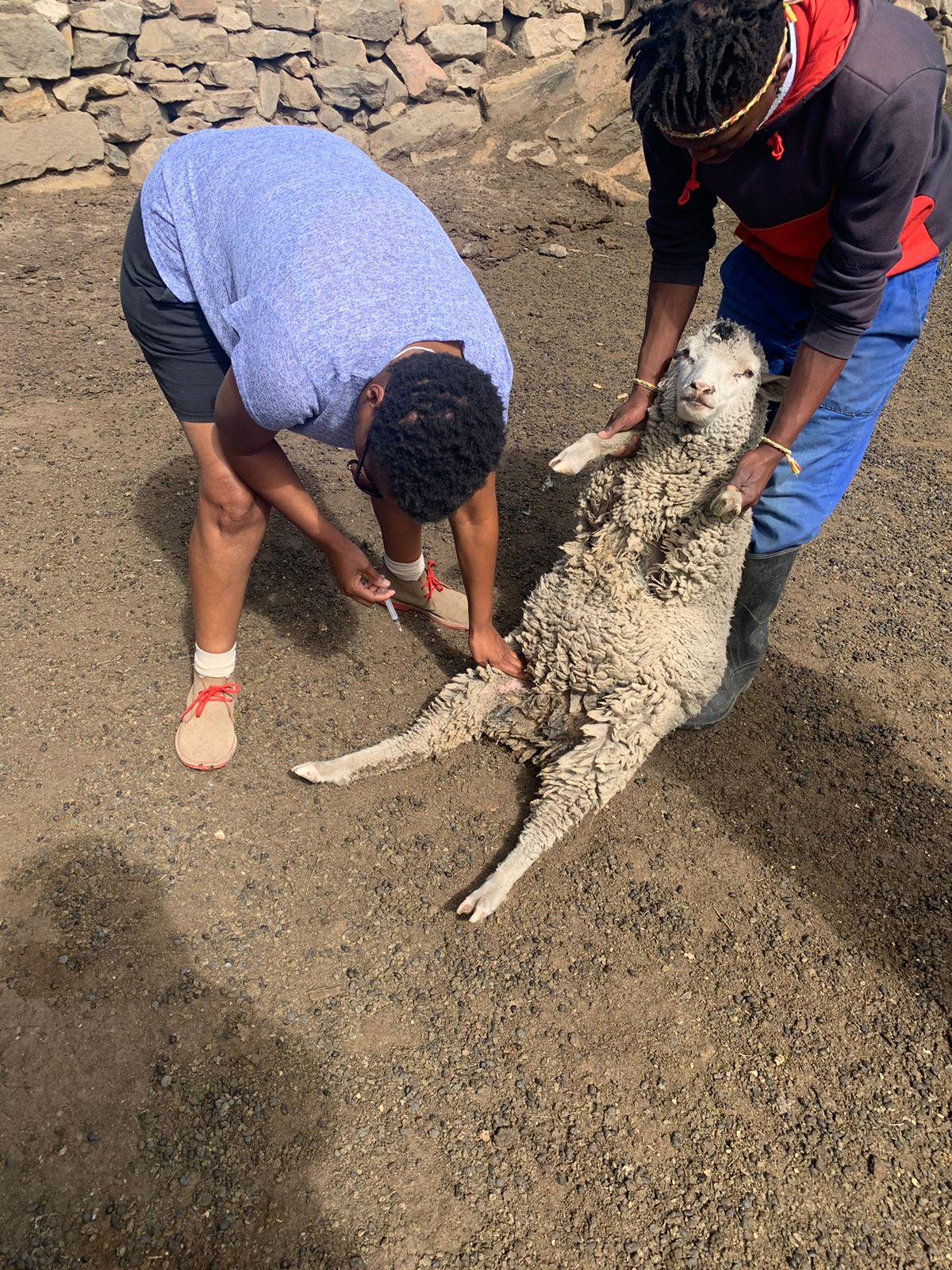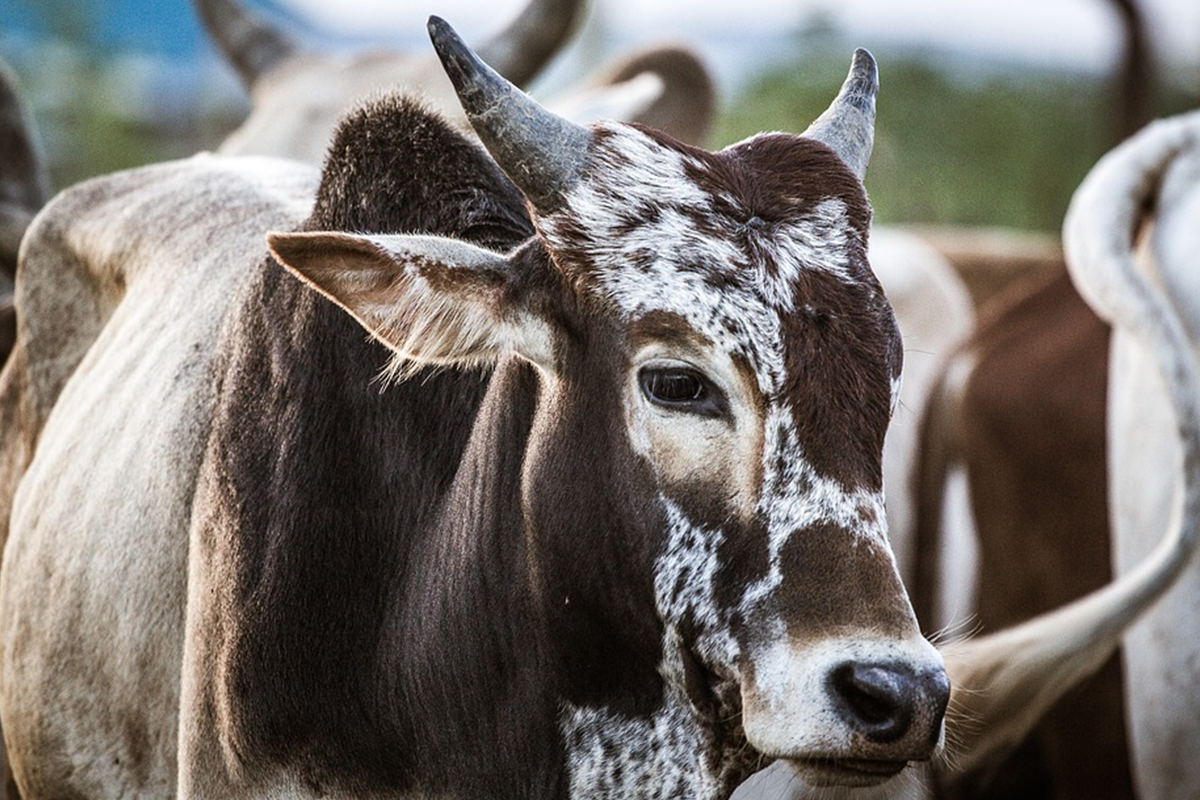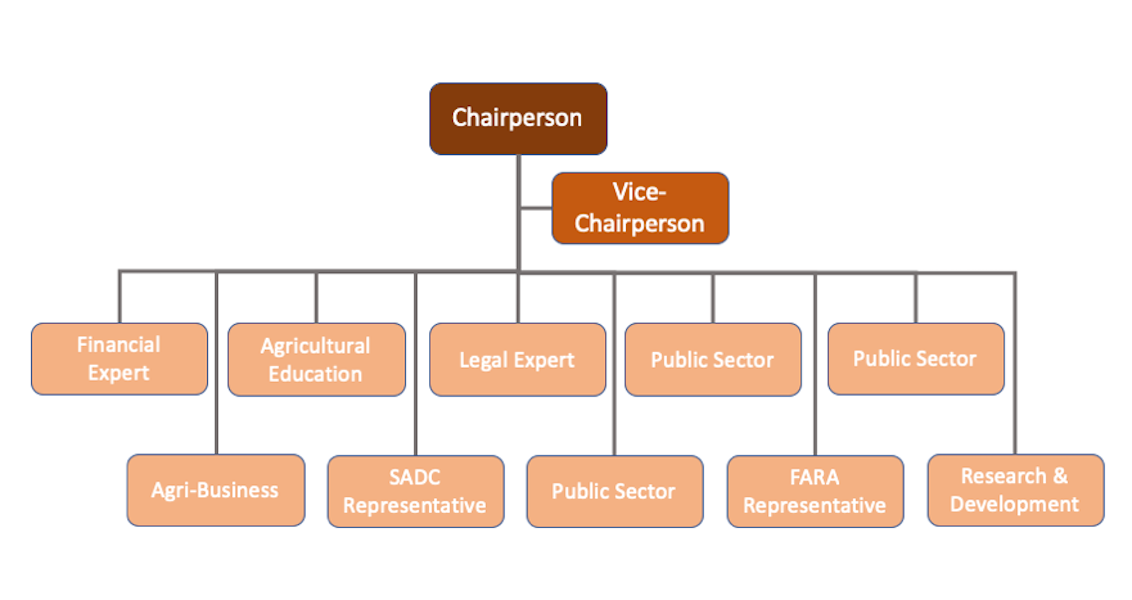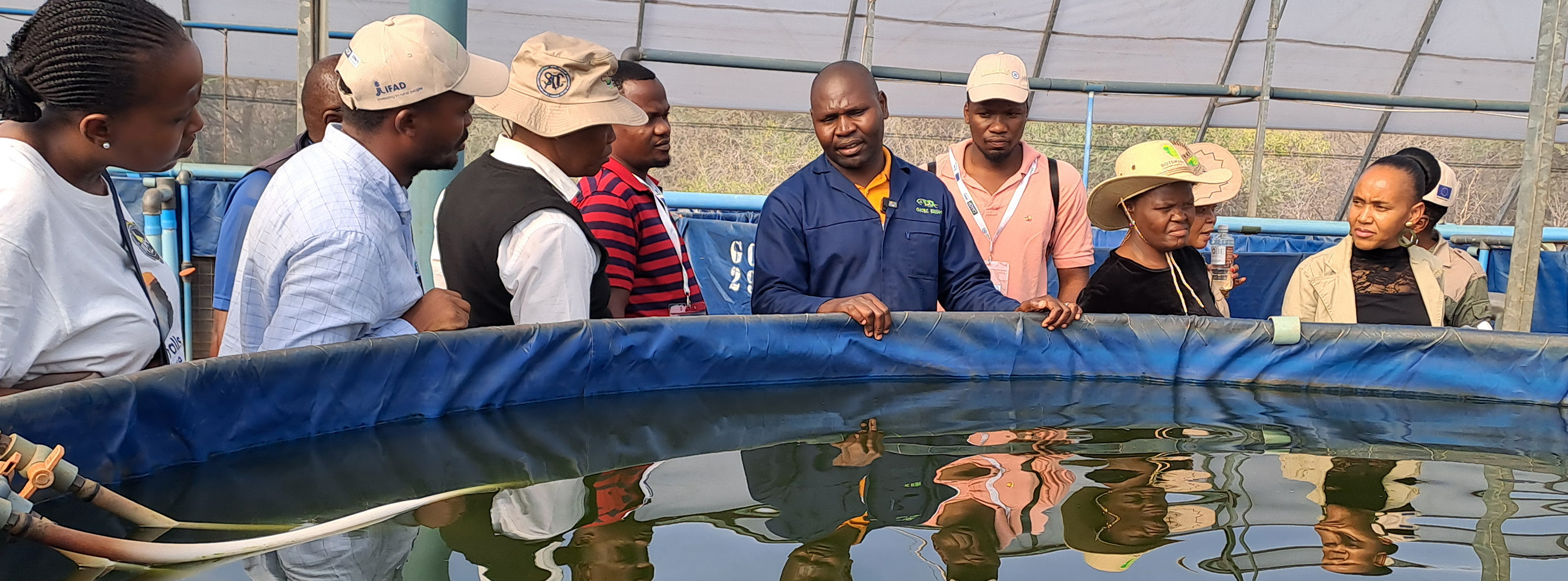Agricultural Productivity Programme for Southern Africa (APPSA) English Brochure
The Agricultural Productivity Programme for Southern Africa (APPSA) is a six year (2013 –2018) initiative to improve technology generation and dissemination within and among participating countries in southern Africa. The Programme is funded by the World Bank loan facility to the tune of US$ 30 million for each participating country. APPSA has been launched with the participation of three countries—Malawi, Mozambique, and Zambia. Other countries in the SADC region are expected to join as the project evolves.
RCoLs,
Development,
CCARDESA,
Project,
Coordination
CCARDESA, APPSA. Agricultural Productivity Programme for Southern Africa (APPSA) English Brochure. p.2.


